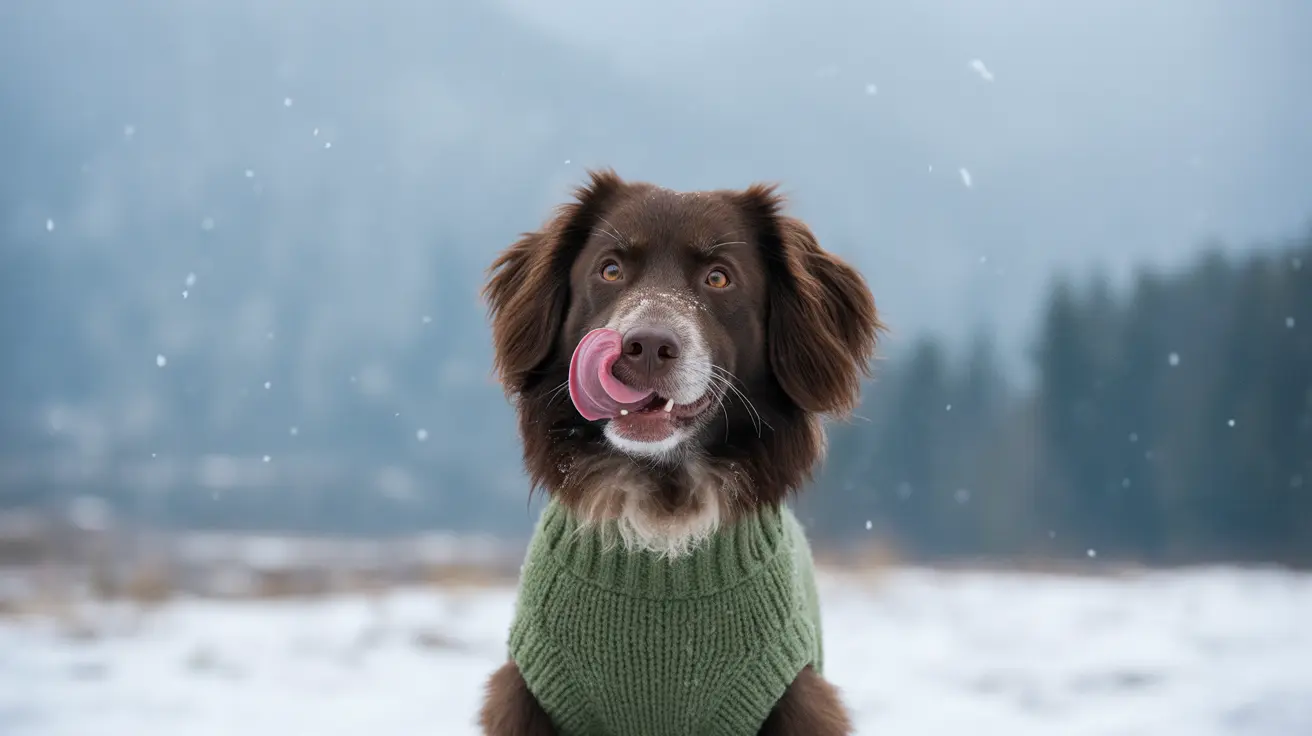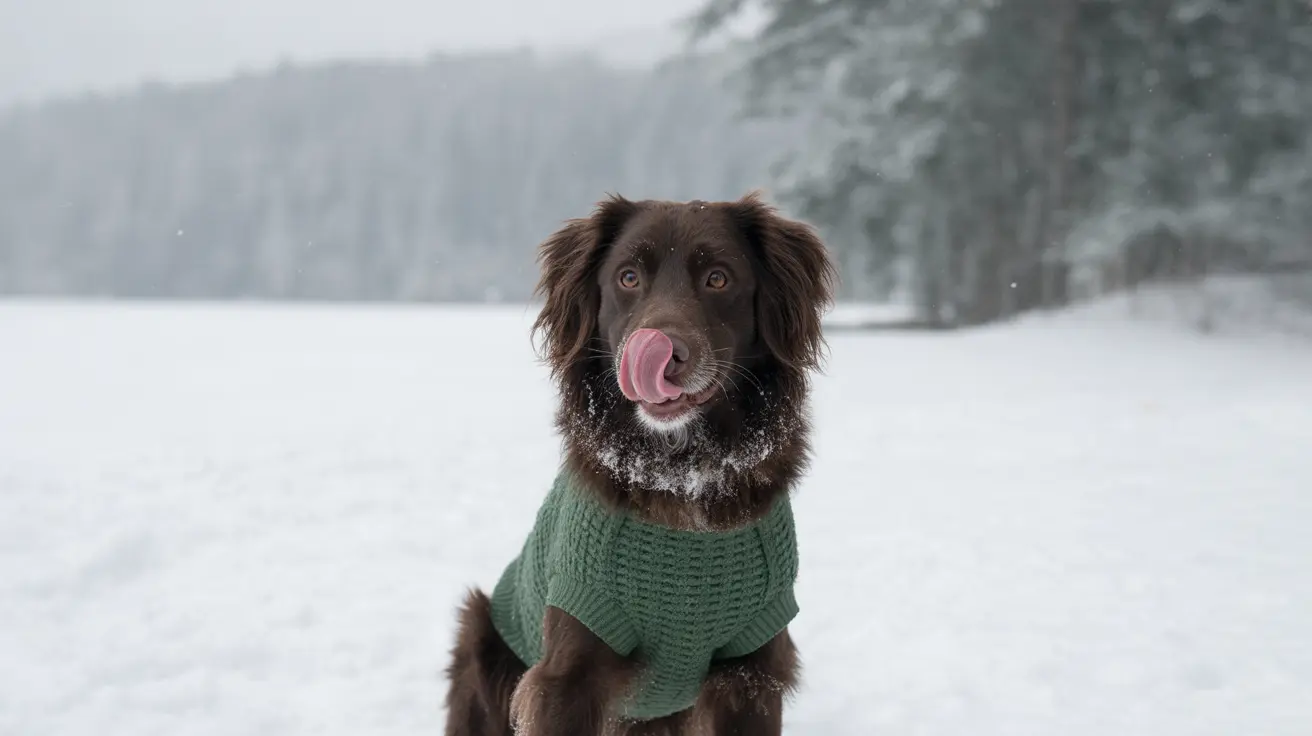The Dangers of Adding Bleach to Dog Water
Adding bleach to dog water is a dangerous practice that can lead to serious health complications and potentially life-threatening situations for your pet. While some might consider using bleach for water disinfection, this method poses significant risks to dogs due to their smaller size and different physiological responses compared to humans.
Even small amounts of bleach can cause immediate irritation to your dog's mouth, throat, and digestive system, potentially leading to severe health issues. Understanding these risks is crucial for maintaining your pet's safety and well-being.
Understanding Bleach Toxicity in Dogs
Bleach contains sodium hypochlorite, a highly caustic substance that can cause chemical burns and tissue damage on contact. When dogs are exposed to bleach through contaminated water, the effects can range from mild irritation to severe internal damage, depending on the concentration and amount consumed.
Even diluted bleach solutions can cause significant harm to your pet's digestive system and overall health. The alkaline nature of bleach makes it particularly damaging to sensitive tissues and can lead to both immediate and long-term health complications.
Immediate Signs of Bleach Exposure
If your dog has consumed water containing bleach, you may notice several immediate symptoms:
- Excessive drooling
- Vomiting or retching
- Oral pain and reluctance to eat
- Pawing at the mouth
- Visible burns or white patches in the mouth
- Difficulty swallowing
- Gagging or coughing
Long-term Health Impacts
Exposure to bleach-contaminated water can lead to serious long-term health consequences:
- Chronic digestive issues
- Esophageal scarring
- Ongoing respiratory problems
- Dental complications
- Increased risk of infections
- Permanent tissue damage
Safe Water Alternatives for Dogs
Instead of using bleach to disinfect your dog's water, consider these safer alternatives:
- Fresh, clean tap water changed daily
- Commercial pet water filters
- Bottled spring water
- Water purification tablets specifically designed for pets
- Veterinarian-approved water treatment methods
Frequently Asked Questions
Is it safe to add bleach to my dog's drinking water for disinfection?
No, it is never safe to add bleach to your dog's drinking water. Even small amounts can cause serious health issues and chemical burns. Use clean, fresh water or pet-specific water treatment methods instead.
What are the common signs of bleach poisoning in dogs after drinking contaminated water?
Common signs include excessive drooling, vomiting, oral pain, difficulty swallowing, and visible burns in the mouth. More severe cases may show symptoms like respiratory distress, collapse, and severe gastrointestinal issues.
What should I do immediately if my dog drinks bleach or drinks water with bleach in it?
Contact your veterinarian immediately. Do not induce vomiting, as this can cause additional damage. Offer fresh water or milk to help dilute the bleach, and seek immediate veterinary care.
Can diluted bleach in water cause long-term health issues for dogs?
Yes, even diluted bleach can cause long-term health issues including chronic digestive problems, esophageal scarring, and permanent tissue damage. Any exposure to bleach should be taken seriously.
How can I prevent my dog from being exposed to bleach in the household environment?
Store bleach and cleaning products in secure, pet-proof locations, never leave cleaning solutions unattended, thoroughly rinse cleaned surfaces before allowing pet access, and keep cleaning supplies separate from pet areas.
Conclusion
The dangers of adding bleach to dog water cannot be overstated. While proper water sanitation is important, there are many safe alternatives available that won't put your pet's health at risk. Always consult with your veterinarian about appropriate water treatment methods, and keep all cleaning products, including bleach, safely away from your pets.
Remember, your dog's safety should always come first. If you're concerned about water quality, invest in pet-safe water treatment solutions rather than risking the severe consequences of bleach exposure.






